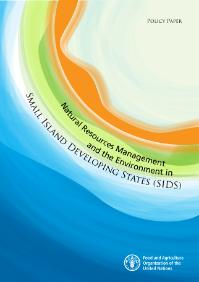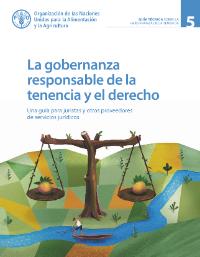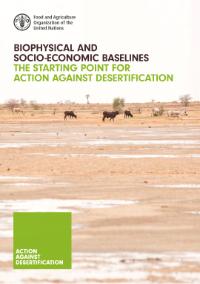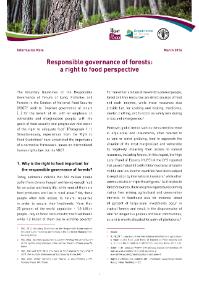Context and background There is a reciprocal relationship between theory, policy and practice. Property valuation as practiced today is elucidated by certain standards and policies which are based on theoretical foundations. The axioms of value have been postulated throughout history, from pre-…
The Central American Dry Corridor (CADC) is among the most climate-vulnerable regions worldwide. Climate change, commonly referred to as a “threat multiplier†of pre-existing socioeconomic issues, already undermines rural livelihoods by reducing agricultural yields and income opportunities.…
The evidence on conflicts around the world since the turn of the century points to a simple conclusion: conflicts, grievances and insecurities are increasingly being affected by changing climates, environmental degradation, food insecurity, and the struggle to control a finite pool of natural…
This policy paper focuses on the environmental challenges of sustainable development issues with particular attention to natural resource management, environment and climate change in the food and agriculture sector (including crops, livestock, fisheries and forestry). FAO’s agriculture,…
Aquatic genetic resources (AqGR) play a crucial role in contributing to global food security and nutrition, as well as sustainable livelihoods. However, in various international fora, most FAO members have highlighted the limitations and constraints faced in assessing their national capacities…
Access to safe water and sanitation and sound management of freshwater ecosystems are at the core of sustainable development. This is the aim of Sustainable Development Goal 6 (SDG 6), which includes approaches to water management such as environmental flow requirements, international…
How to feed the world without degrading land and water resources, eroding biodiversity and contributing to climate change is among the greatest challenges of our times. FAO works with the Global Environment Facility (GEF) to support member countries in addressing the critical nexus between…
Esta guía técnica presenta un análisis de las dimensiones jurídicas de las Directrices voluntarias sobre la gobernanza responsable de la tenencia de la tierra, la pesca y los bosques en el contexto de la seguridad alimentaria nacional y su relación con el derecho internacional vinculante.…
The Action Against Desertification (AAD) project supports eight ACP countries, Burkina Faso, Ethiopia, Gambia, Niger, Nigeria, Senegal, Fiji and Haiti in the sustainable management and restoration of degraded land. Baseline assessments have been carried out in each of these countries to…
In light of the endorsement of the Voluntary Guidelines on the Responsible Governance of Tenure of Land, Fisheries and Forests in the Context of National Food Security (VGGT), this Information Brief aims to provide concise and practical elements for a responsible governance of forests. Developed…









